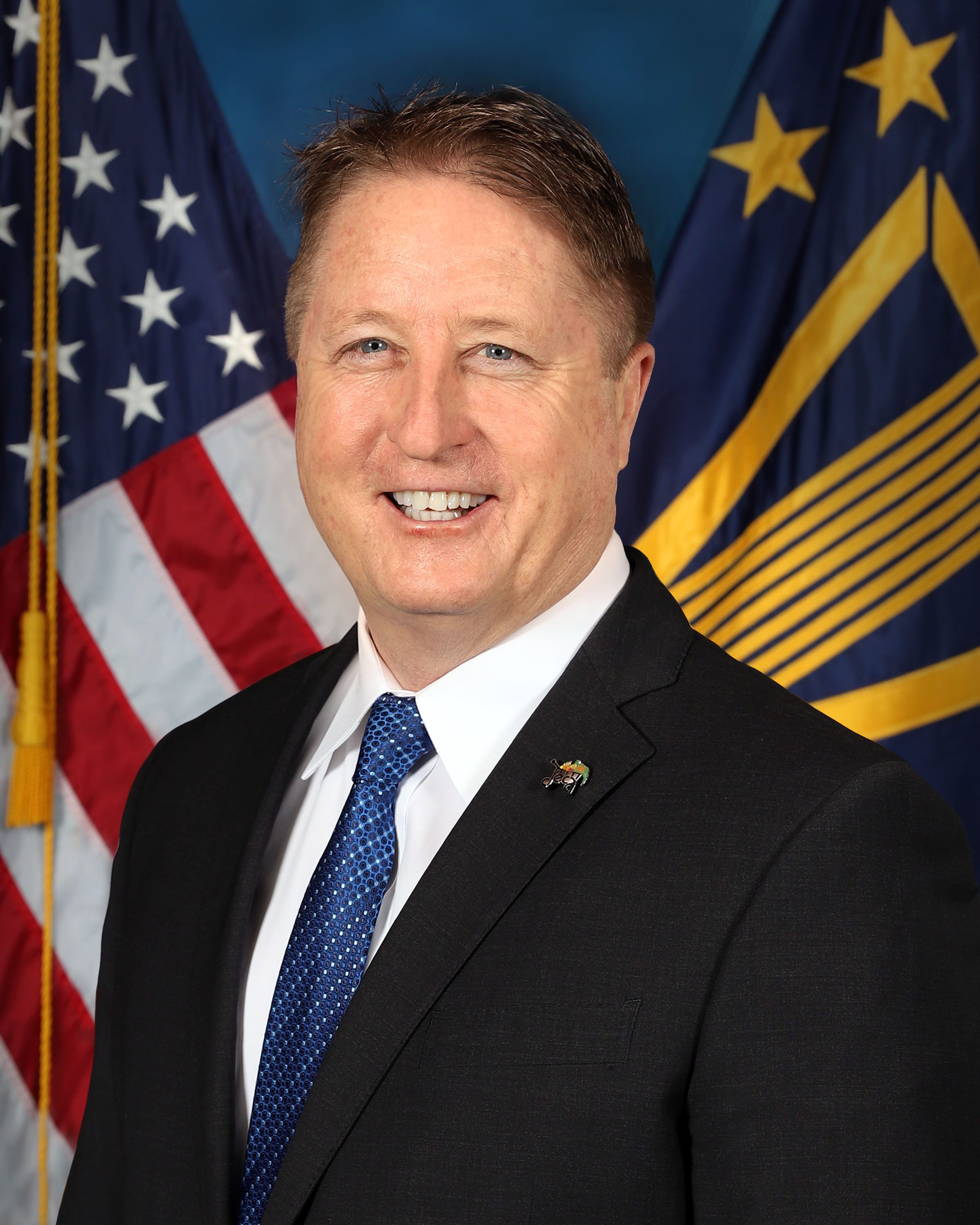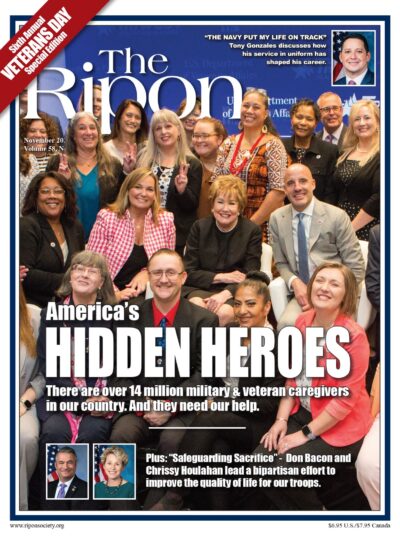
Privatizing the U.S. Department of Defense (DoD) commissary system has been a recurring topic since I sat on the Defense Commissary Agency’s (DeCA) Board of Directors from 2016 to 2020, then as DeCA’s CEO from 2020 to 2023. During my tenure as CEO, we reversed a decade long 5 percent per year slide in annual revenue to a 12 percent annual revenue growth. As we predicted, the privatization idea resurfaced with the better revenue numbers…and here we are.
DeCA’s mission is to provide high-quality, low-priced grocery items to military families, improving their quality of life while their loved ones defend our freedom. The commissary system provides a safe, reliable source of food, regardless of where military families may be serving. It’s a great mission and helps these families have a taste of home, with local specialties as well, at low cost.
DeCA’s mission is to provide high-quality, low-priced, grocery items to military families, improving their quality of life while their loved ones defend our freedom.
Let me say up front that privatizing commissaries is, quite simply, a bad idea. First and foremost, it will remove a vital benefit that improves military families’ quality of life, positively impacting recruiting and retention of our military and improving our national security. Secondly, it’s a bad business decision – there is just no way the current commissary system can be as good
First, let me delve into the value of the commissary benefit – I’m an “Army Brat”, who’s dad was a 100 percent disabled career Non-Commissioned Officer (NCO) that fought in both Korea and Vietnam. When I was growing up in the 1970’s, our only income was my dad’s salary as a Sergeant. My mom dragged my sister and me to our commissary every week, passing four grocery stores along the way – I hated that trip! But when I whined about it, she told me we had to shop the commissary to save money, so we could afford other things. The money we saved at the commissary improved our quality of life…period. And for struggling military families today, particularly lower-ranked Service Members with families and no disposable income, it is more important than ever. The benefit today saves a military family over 25 percent on their grocery bill (verified independently), compared to buying the same items from commercial stores. On a $300/week grocery bill, that’s $75 back in their pocket each week – nearly $4000 in annual savings!
How is this possible in the very competitive grocery industry, where margins are razor thin? I’ll tell you how – Congress funds most of DeCA’s operating costs, about $1.4B per year, for expenses like payroll, transportation, and utilities. This funding allows DeCA to sell most products at prices well below commercial stores. A private company must recover these costs through higher prices.
From a business perspective, that last point is critical and truly makes privatization illogical, unless the intent is to remove the benefit from the military compensation package. If a private company took control of the 235 commissaries around the world, they would either lose significant revenue if they maintained the savings, or dramatically increase prices to cover their costs.
The benefit today saves a military family over 25 percent on their grocery bill, compared to buying the same items from commercial stores. On a $300 per week grocery bill, that is $75 back in their pocket each week – or nearly $4,000 in annual savings!
Although commissaries today operate much like a commercial grocery chain, they have many governmental constraints that prevent them from operating with the same efficiency as a commercial business. Here are several examples that you will not hear from those advocating privatization:
First, DeCA must authenticate every customer as an authorized shopper – our veterans and military servicemembers earn the right to shop the commissary with their service to our great nation. This authentication requires DeCA’s business system to be on the DoD Information Network, subject to stringent cyber security requirements. A private company would have to invest heavily to modify their business system to meet these requirements.
Second, DeCA operates 235 stores, many in foreign countries and many in very remote locations. No business would keep all these stores open from a business perspective. Some just don’t warrant the operating costs given their limited sales. As CEO, when I was pressed to lower operating costs, I created a list of 15 stores I wanted to close, which would have had minimal impact on military families. Both Congress and DoD leaders would not allow me to close those stores due to the limited but important value they did bring to local customers, including retirees and veterans. I certainly understood and agreed with their decision, and frankly the entire exercise helped me defend the cost of the benefit.
Let me end with the most important reason why the commissary system should remain a part of the DoD — DeCA’s return on investment (ROI) is remarkable. In fact, it is the only benefit in the military system that pays for itself. In FY23, DeCA received $1.421 billion in funding and had sales of $4.6 billion, with a measured savings of 25.5 percent across the enterprise while saving military families approximately $1.58 billion.
The bottom line is that DeCA saved American military families much more money than it cost American taxpayers. No other entitlement in the military system has a positive ROI — where the benefit exceeds its cost! This is a great argument for maintaining the benefit. By contrast, privatizing the commissaries would eliminate this incredible outcome, while reducing the quality of life for our military families and negatively impacting recruiting and retention of our military.
William F. (Bill) Moore served as Director and Chief Executive Officer of the Defense Commissary Agency from August 3, 2020, until his retirement on March 31, 2024. The son of an Army combat veteran, non-commissioned officer, he was appointed to the Senior Executive Service in October 2006. His prior assignment was as Assistant Deputy Chief of Staff at U.S. Army Headquarters, where he was responsible for Army logistics plans, policy and programs.




